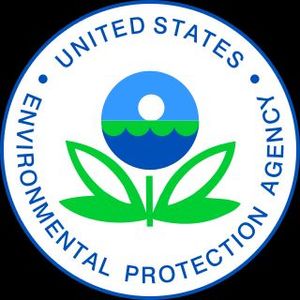
United States. Environmental Protection Agency
About
The Environmental Protection Agency (EPA) is an independent executive agency of the United States federal government tasked with environmental protection matters. President Richard Nixon proposed the establishment of EPA on July 9, 1970; it began operation on December 2, 1970, after Nixon signed an executive order. The order establishing the EPA was ratified by committee hearings in the House and Senate. The agency is led by its administrator, who is appointed by the president and approved by the Senate. The current administrator is Michael S. Regan. The EPA is not a Cabinet department, but the administrator is normally given cabinet rank.
The EPA has its headquarters in Washington, D.C., regional offices for each of the agency's ten regions and 27 laboratories. The agency conducts environmental assessment, research, and education. It has the responsibility of maintaining and enforcing national standards under a variety of environmental laws, in consultation with state, tribal, and local governments. It delegates some permitting, monitoring, and enforcement responsibility to U.S. states and the federally recognized tribes. EPA enforcement powers include fines, sanctions, and other measures. The agency also works with industries and all levels of government in a wide variety of voluntary pollution prevention programs and energy conservation efforts.
The agency's budgeted employee level in 2022 is 14,581. More than half of EPA's employees are engineers, scientists, and environmental protection specialists; other employees include legal, public affairs, financial, and information technologists.
Many public health and environmental groups advocate for the agency and believe that it is creating a better world. Other critics believe that the agency commits government overreach by adding unnecessary regulations on business and property owners.

